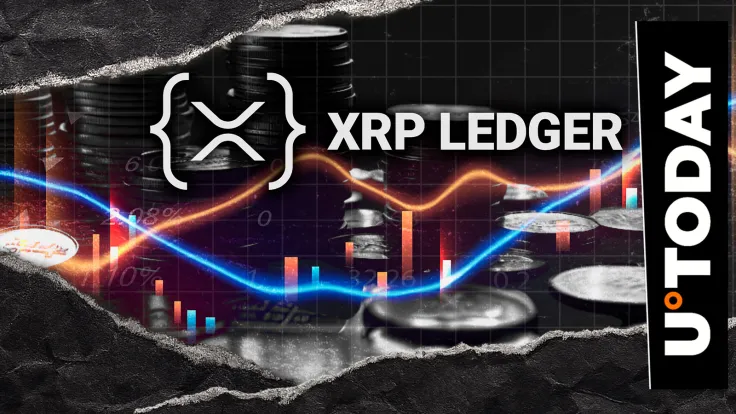Shentu Chain and CertiK Unite Blockchain and Mathematics in a DeSci Breakthrough

Shentu Chain and CertiK this week unveiled OpenMath, billed as the world’s first mathematical DeSci platform, opening a new chapter where formal mathematics, verifiable computing and blockchain meet. The launch, announced in a joint release and amplified across social channels, positions OpenMath as a space where researchers and “provers” can raise, collaborate on and verify mathematical problems with solutions recorded immutably on-chain.
At the heart of OpenMath is formal verification: proofs and solutions submitted to the platform are checked using proof-assistant technology so that correctness can be mechanically verified rather than left to informal peer review. Shentu’s materials describe the system as integrating well-known formal tools such as Coq and Lean into a blockchain-native workflow, allowing theorems and their machine-checked proofs to be referenced, validated and preserved on the ledger.
A Natural Home for DeSci
OpenMath is deployed on Shentu Chain, a security-focused Layer-1 that traces its roots to CertiK and the formal-verification research community. The chain itself, rebranded as Shentu in 2021 after incubating out of CertiK, was developed with an explicit focus on verifiable computing and on-chain security tooling, making it a natural home for a DeSci experiment built around mathematical truth.
The platform’s architects say OpenMath was designed with collaboration and intellectual-property protection in mind: a two-phase submission process protects provers’ work while still allowing the global community to participate, validate and build on verified results. By recording provenance, review and verification steps on-chain, OpenMath aims to remove traditional institutional bottlenecks, ensure fair credit for contributors and speed the pace at which rigorous mathematical knowledge becomes discoverable and reusable.
OpenMath’s launch comes as Decentralized Science, or DeSci, gains momentum as an approach to democratizing how research is funded, published and validated. Advocates argue that decentralized networks can expand access, diversify funding mechanisms and make validation processes more transparent, goals that OpenMath explicitly mirrors by combining open access to verified results with on-chain traceability.
Shentu Chain and CertiK framed the release as the continuation of a shared mission to apply blockchain and formal verification to “real-world impact,” and they say further expansions are planned to let researchers tackle increasingly advanced problems and to broaden incentives within the OpenMath ecosystem. For now, the site and platform are live, inviting mathematicians, formal-methods researchers and the wider DeSci community to explore the new environment where mathematical truth becomes a verifiable, referenceable public good.
You May Also Like

American Bitcoin’s $5B Nasdaq Debut Puts Trump-Backed Miner in Crypto Spotlight

Eric Trump bets Fed rate cut will send crypto stocks skyrocketing

